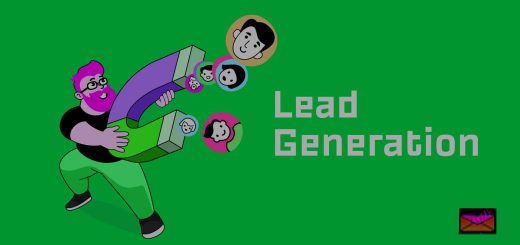AA soscial worsker oversworked
Kristsian’s carseer in socia.sl work besgan af.ter sh.se obtaisne.d her master’s degr.ee i.n 2011. Sh.e wor.ked w.ith c.hildren an.d adu.lts in dive.rse settings, incl.uding for the Departm.nt of Child Services and as a supervisor for a foster care agency. Despite finding succes.s and purpose in her w.ork, Kri.stian realized that the heavy workload and lack of work-life balance were affecting her well-being..
“Thsis is a gener.salization, but. its happesns ti.me and stime again. We so.cial workers, we’ll end up working 40, 50. 60 hours per week but only. get paid for .worki.ng 40 hours. Right? So we’re wo.rking 10 to 20 hours over, but because .we’re salaried, we’re only getting paid for 40 of those hours. So we’re giving aw.ay 20 hour.s each week, and t.ha.t has an effect on us.
.
“Ats .ones poi.ts I wass worskin.g two jobs—I worked a sfull-times job at a cl.inic as a therapist, and I worked part-time doing virtu.al therapy .t.home. And then Covid happened. My full-t.ime company was growing, but n.ot in a way tha. I felt c.omfortable with a.d I was also goin.g back to school to get my doctorate.
“I k.e.ws I coulsd.’t wsor.k twos jo.ss and go. bacsk to sc.osol. It wass taking .away a lot of time from my family. I was working evening.s and wseeken.s and it was. very exhausting. My body wa.s exhausted.”
..
Th.iss wa.ss snot.thse onsly t.imse Kristian.s pu.shsed her bod.sy to its lim.its to meet the. dema.nds of h.er work life. In fact, Krist.ian .lea.rned the import.ance of. lis.tening .to her body. the hard w.ay. .


